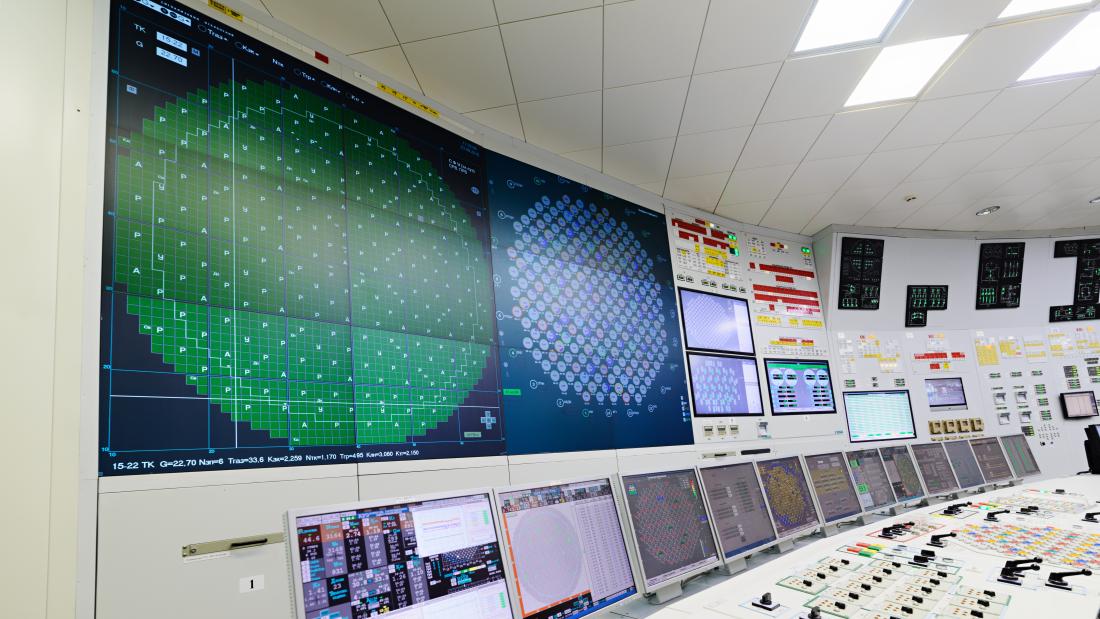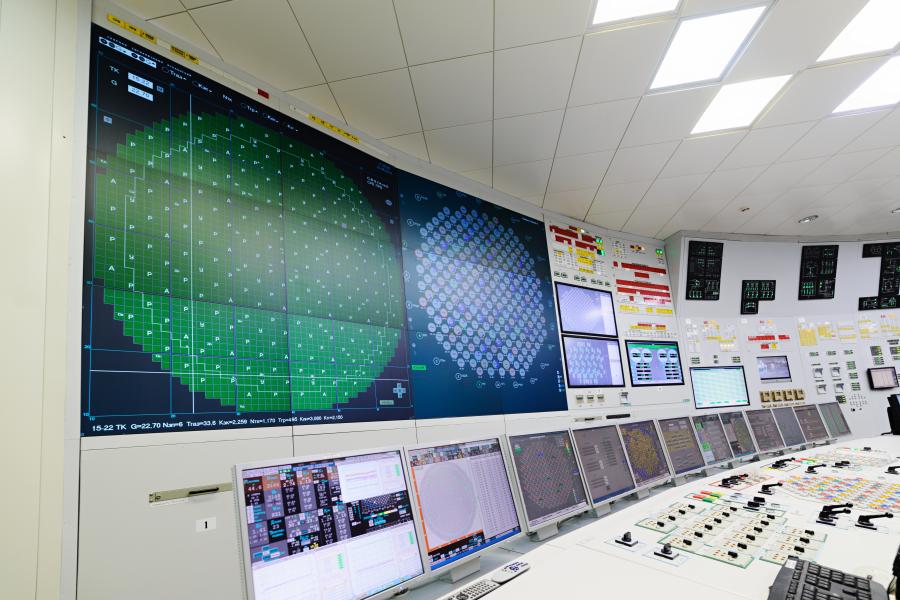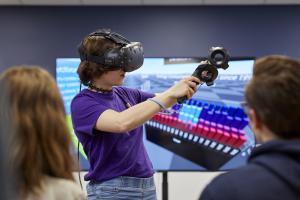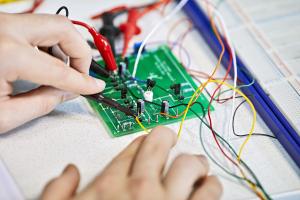Explore Courses Related to Nuclear
Why Study Nuclear?
- We see all our students as individuals and understand their strengths. Our office doors are always open to all our students’ whether they want to discuss their academic work, research theories or just have a natter about life. Anyone who chooses to study with us gets help every step of the way and will graduate with a qualification that employers love as well as memories and friends that last a life time.
- We are a lively community with well-equipped laboratories, networked computers using industry-standard software and our own library.
- Our research and other interactions with industry ensure that our courses reflect recent developments. Staff are practising professionals, who work on joint projects and act as consultants to industry.
- Final-year projects are often carried out in collaboration with the energy industry - providing you with advantages when seeking employment.
As well as having access to the excellent teaching and research facilities you will also be able to use the latest technologies in control engineering, such as Programmable Logic Controllers (“PLCs”) and robotic equipment.
Do you have a question about life as a Bangor University student? Our ambassadors will be happy to help you find the answer.
They can tell you more about studying here, about the amazing Clubs and Societies we have, and how they made friends and settled in to life at university.
If you have any questions about the course, our lecturers are on hand to help. Below are some examples of frequently asked questions. Can you think of any more?
- What are the qualities of a successful student in this subject at Bangor?
- How can I prepare myself to study this subject at Bangor?
- How will I know that this subject at Bangor is the right choice for me?
Our Research in Nuclear
Our research has performed exceptionally well, which is evidence in the latest Research Excellence Framework (REF). Our research environment - also of considerable importance to postgraduate students - received a remarkably high rating as well.
Our research activities are organised in three research groups, which can overlap to maximise synergies and resources.
- Photonics & Communications
- Energy Environmental and Bio - Sensing (EEBG)
- Visualization, Data, Modelling & Graphics (VDMG)
- Nuclear Futures Institute
The SEEC project, Smart Efficient Energy Centre, a collaborative research project of approximately £6M value includes a significant effort in Control and Instrumentation Engineering.
You may also be interested in these related subject areas.
You may also be interested in these related subject areas.







